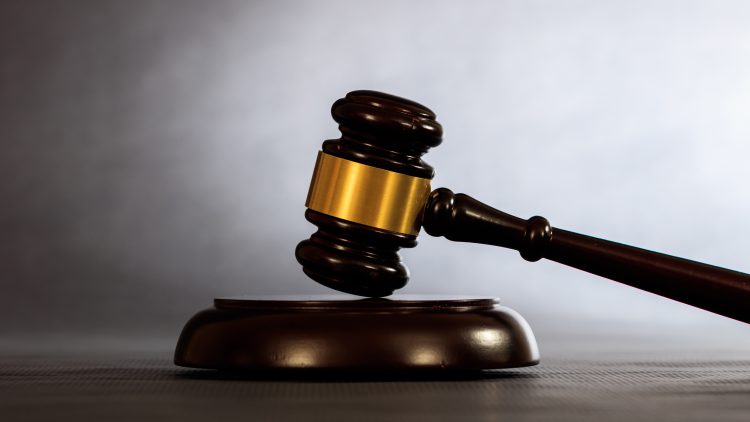Medical Bankruptcy
You can file for bankruptcy on medical bills. Medical debt is considered an unsecured debt, which means it is not tied to any specific property or collateral (like a mortgage or car loan). As an unsecured debt, medical bills can be included in both Chapter 7 and Chapter 13 bankruptcy filings.
Filing for Bankruptcy on Medical Bills:
- Chapter 7 Bankruptcy:
- Discharge of Medical Debt: In Chapter 7 bankruptcy, most unsecured debts, including medical bills, can be discharged (eliminated) after the bankruptcy process is complete. This means you will no longer be legally obligated to pay those bills.
- Eligibility: To qualify for Chapter 7, you must pass the means test, which examines your income, expenses, and family size to determine if you have the ability to pay back a significant portion of your debts. If you qualify, Chapter 7 can provide a quick way to discharge medical debt, often within 3 to 6 months.
- Impact on Property: Chapter 7 is a liquidation bankruptcy, meaning that non-exempt assets (property or valuable items) might be sold to pay creditors. However, if you don’t have significant assets or they are protected by exemptions, you may be able to keep your property while discharging your medical bills.
- Chapter 13 Bankruptcy:
- Repayment Plan for Medical Bills: In Chapter 13 bankruptcy, instead of discharging your debts right away, you will propose a repayment plan to pay back part of your debts over 3 to 5 years. The amount you pay will depend on your income, expenses, and other debts. Medical bills are included in this repayment plan.
- Catch-Up on Medical Debt: If you are behind on medical payments or have accrued a significant amount of medical debt, Chapter 13 can help you catch up by consolidating your medical bills along with other debts into a single monthly payment.
- Protection from Creditors: Filing for Chapter 13 will stop collection efforts, including harassment, lawsuits, or wage garnishment related to your medical debt.
Benefits of Filing for Bankruptcy on Medical Bills:
- Discharge of Debt: Bankruptcy allows you to eliminate medical bills that are overwhelming your finances, giving you a fresh start.
- Protection from Creditors: Filing for bankruptcy triggers an automatic stay, which immediately halts collection actions like calls, letters, lawsuits, and wage garnishment.
- No Tax Liability on Discharged Medical Debt: Unlike some other types of debt, discharged medical debt is generally not considered taxable income, so you don’t have to pay taxes on the amount forgiven.
When to File for Bankruptcy on Medical Bills:
- You have a significant amount of medical debt that you cannot afford to pay, and it’s affecting your financial stability.
- You’re unable to make payments on medical bills due to high interest or accumulating fees, and creditors are threatening or pursuing legal actions.
- You have other debts (e.g., credit card bills, personal loans) in addition to medical debt that you can’t manage and would benefit from bankruptcy protection.
Considerations Before Filing for Bankruptcy:
- Effect on Credit Score: Bankruptcy will significantly impact your credit score, and the bankruptcy will stay on your credit report for 7 to 10 years, depending on the type (Chapter 7 or Chapter 13). This can make it more challenging to secure loans or credit in the future.
- Exemptions and Property: If you file for Chapter 7, you may lose non-exempt assets if they can be liquidated to pay creditors. In Chapter 13, you must have a steady income to afford the repayment plan.
- Medical Debt Alone May Not Be Enough for Chapter 7: If you only have medical debt and no other financial hardship, you might need to demonstrate that you meet the income and asset criteria for Chapter 7.
Alternatives to Bankruptcy for Medical Bills:
If bankruptcy doesn’t seem like the best option for you, there are other potential solutions for managing medical debt:
- Negotiating with Healthcare Providers: Some providers may be willing to settle your debt for a lower amount or allow you to pay in installments.
- Debt Consolidation or Credit Counseling: A credit counselor may be able to help you consolidate your medical bills into one payment or find other ways to manage debt without resorting to bankruptcy.
- Debt Settlement: This involves negotiating with creditors to reduce the amount owed, typically for a lump-sum payment less than the total debt.
Conclusion:
Yes, you can file for bankruptcy on medical bills. Whether you file for Chapter 7 (which discharges the debt) or Chapter 13 (which reorganizes the debt into a manageable repayment plan) depends on your specific financial situation. Both options can provide relief from overwhelming medical debt, though there are potential impacts on your credit and assets. Consulting with a bankruptcy attorney can help you determine the best approach based on your individual circumstances.


